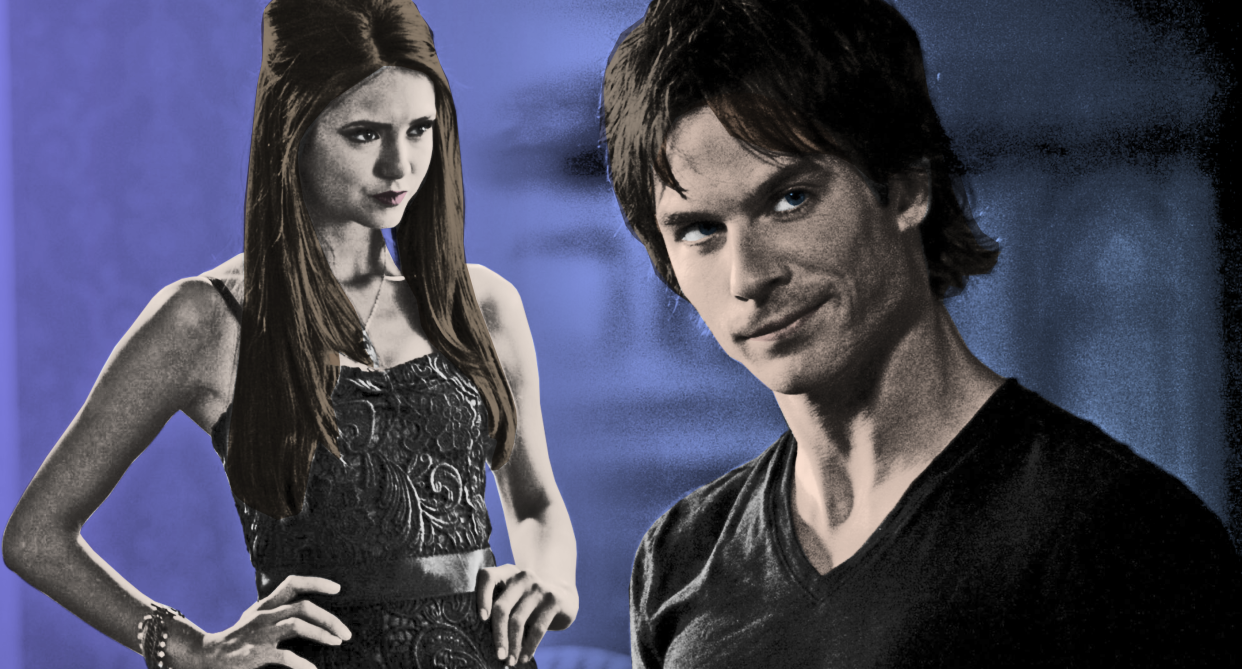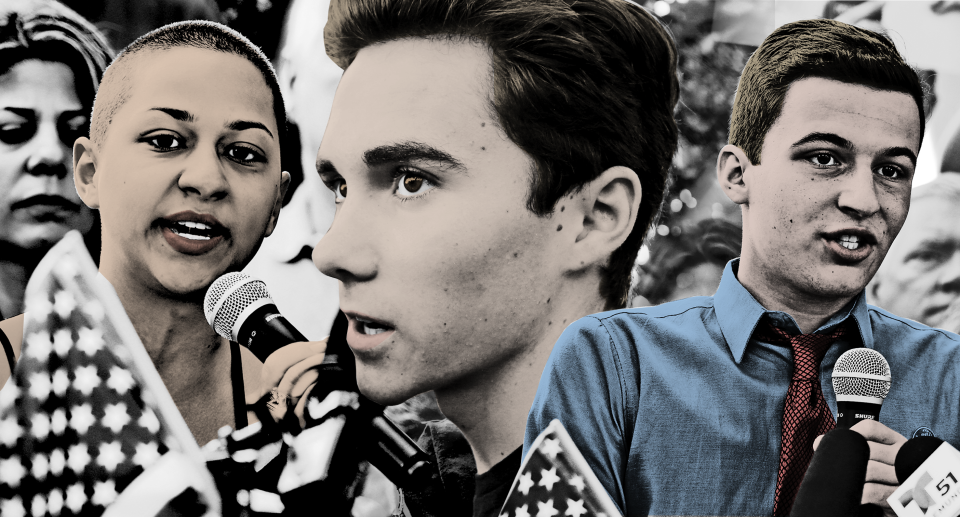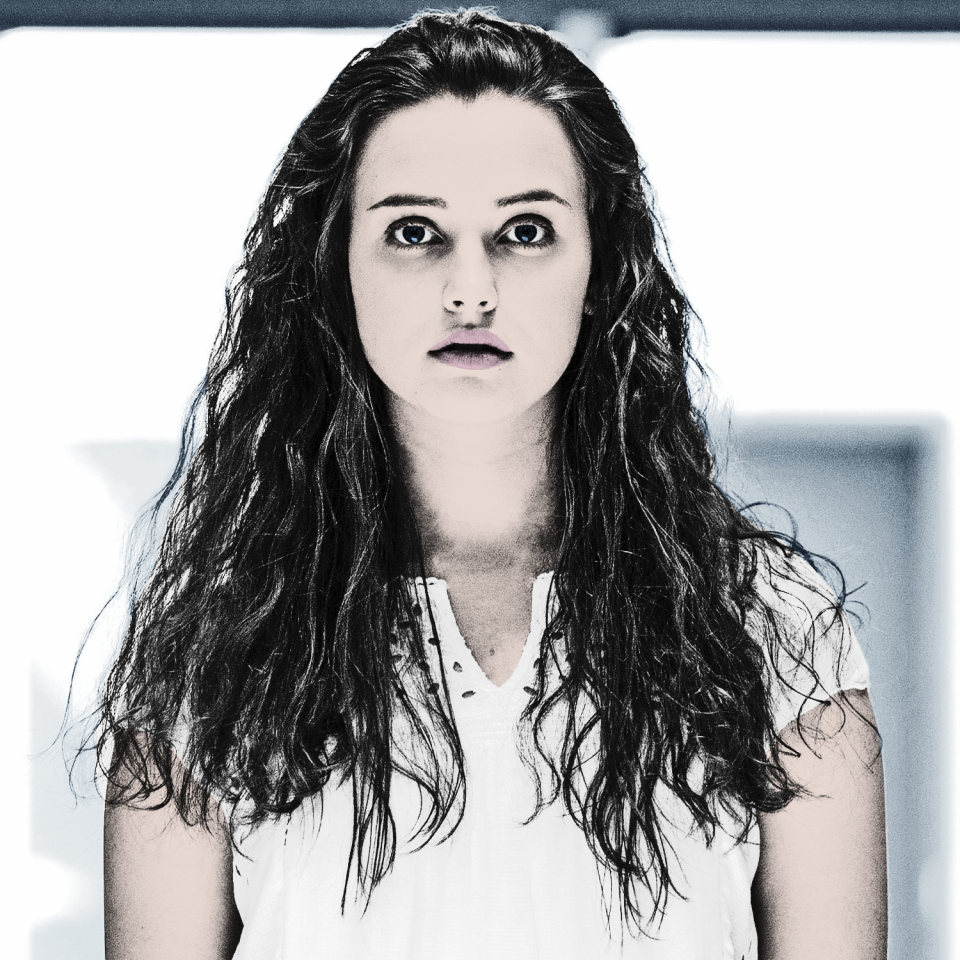Why vampires aren't as sexy in the age of #MeToo

The Vampire Diaries and Dawson’s Creek producer Julie Plec on the storylines you’d have to think twice about today, the inspiring Marjory Stoneman Douglas students, and the Roswell reboot.
This March marks a year since The Vampire Diaries signed off the air after eight seasons on The CW, and as showrunner Julie Plec thinks back to its beginning, there’s no question about her biggest takeaway. “There was a sensuality and a seduction to the vampire genre that now, [nearly] 10 years later, isn’t necessarily as sexy, right?” she says, alluding to the fact that vampires can be compelling or glamorous to humans (depending on whether you’re watching TVD or True Blood) and have overpowering strength and speed.
“And you could look at it back through the lens of say the #MeToo movement and object to what may be a little bit of a glorification of a rape culture, but what we were working with at the time was a gothic romance with a fine line — a very fine line — separating it,” she says with a laugh. “And I used to get in arguments about it being a gothic romance and not wanting to censor the sexuality of the characters, even if it felt a little questionable at times, like specifically Damon and Caroline in the first couple of episodes [when he used her as a plaything and drank from her against her will]. Because that’s what vampires represented, and that’s what vampires were. And the culture has just shifted enough that you’d have to think twice before you dove in that boldly now, I think.”
Another storyline that doesn’t feel “of the time” today is the classic bad-boy trope — which, Plec admits, she’s had great success exploring on TVD and its spinoff, The Originals (which returns April 20 for its fifth and final season). “It brings to light a lot of questions about women’s self-worth and passivity in that male/female dynamic, and so that’s shifting as well,” she says. “It’ll be [interesting] to see how you can create great romance and tension in a romantic relationship without being able to rely on those old tropes of the guy picking up the girl and throwing her over his shoulder and saving the day, you know.”
As someone who also worked on close friend Kevin Williamson’s series Dawson’s Creek for a time, Plec can also admit that, 20 years later, a plot point like Pacey having sex with his teacher hasn’t aged well. “There was something kind of sexy and dirty and naughty and wish fulfillment about that back then that leaves a really nasty taste in my mouth right now,” she says.
Still, there are some Dawson’s arcs that more than hold up. She thinks back to Jack (Kerr Smith) coming out in Season 2 — and in Season 3, experiencing the first passionate kiss between two men on TV (thanks to then showrunner Greg Berlanti being willing to walk away from the series if the network wouldn’t air it). “Essentially that scene where the father rejects Jack and leaves him in a puddle crying was a fictionalized version of Greg’s actual experience, which he’s talked very freely about in his own interviews,” Plec says. “The beauty of that storyline is the idea that as a young adult, [Greg] had an experience that he had to keep a secret for a while, and then when he revealed his secret, it didn’t go well, and then for him to be able to exorcise that demon through writing — to actually show the story to an audience and show them all the beautiful things about that story that he himself had never gotten to see as a viewer.”
That’s also an illustration of why Plec has always been drawn to the teen genre. “What’s most inspirational about writing for that age is that everyone at that age is either living their biggest truth or their biggest secret, and sometimes both. And they communicate in a very straightforward way. They tend to sort of say what they mean, and express their feelings without filters in a way that you just don’t do as much as an adult,” she says. “And so as a writer, it makes it a particularly honest experience — I don’t have to think; I can just put my thoughts on the page as I would have wanted to when I was 17.”

Last month, as Plec watched teen survivors of the shooting at Marjory Stoneman Douglas High School speak out on TV, she says she thought again about Dawson’s Creek.
“Kevin made a very specific and unique style choice in that he purposefully wrote those teens to have almost hyperbolic language and communication skills,” Plec says, “and I would say, probably the biggest lesson you can take from his choice was that when you’re writing for teenagers, you don’t treat them like children. You treat them, and you present them, as adults. And that was actually passing through my head when I was listening to all the Parkland students on CNN giving their press conference. I said, ‘My God, they are so magnificently articulate.’ And the idea that there used to exist this sense in that particular youth genre that you had to write down or limit their vocabulary or narrow their point of view seems so ridiculous in the post-Dawson’s Creek era, because you look at the reality of how teenagers communicate at their best.”

The conversation that those students, and fearless shows such as 13 Reasons Why, are creating in the country give her hope. “If you’re looking at all of these kids talking about being shot up in their school, then you’re applauding a show like 13 Reasons Why for creating an environment for people to talk openly about their feelings, about their mental illness, about their sadness, about the things that make them feel dark. If talking about mental health is the norm and not the aberration, then I think we solve a lot of the world’s problems just by definition of that.”
Because again, when done well, these shows can make a difference. For her next project, Plec will direct the pilot for The CW’s Roswell reboot, written by Originals alum Carina Adly MacKenzie and based on the Roswell High book series. This time, the story centers on the daughter (Jeanine Mason) of undocumented immigrants who returns to her hometown of Roswell, N.M., for her 10-year high school reunion and discovers that her teenage crush (Nathan Parsons), who is now a police officer, has been hiding the fact that he’s an alien with unearthly abilities. When a violent attack and long-standing government coverup point to a greater alien presence on Earth, the politics of fear and hatred threaten to expose him and destroy their deepening romance.
“Carina was raised in the Muslim faith by an Egyptian mother, although she is a blonde-haired, blue-eyed young woman, and after 9/11, the next day everyone in her school was exhibiting blatant Islamophobia, and she had to sort of stand up and say, ‘Hey — wait a second, guys. Watch yourselves.’ And so to be able to tell that story through this lens is really important to her because it is something that she went through as a teenager.”
And it’s an experience that today’s teens can still relate to. “Anything that you’re making for that particular audience, you know deep down that you’re in some way, in success, laying the foundation for important things like tolerance and inclusion, and openness to issues like mental health or self-esteem,” she says. “You’re touching people at the right time, where your message can actually make positive change if your message is well-executed — and there’s something really uplifting and powerful about that.”
Read more “Why Teen TV Matters” from Yahoo Entertainment:

